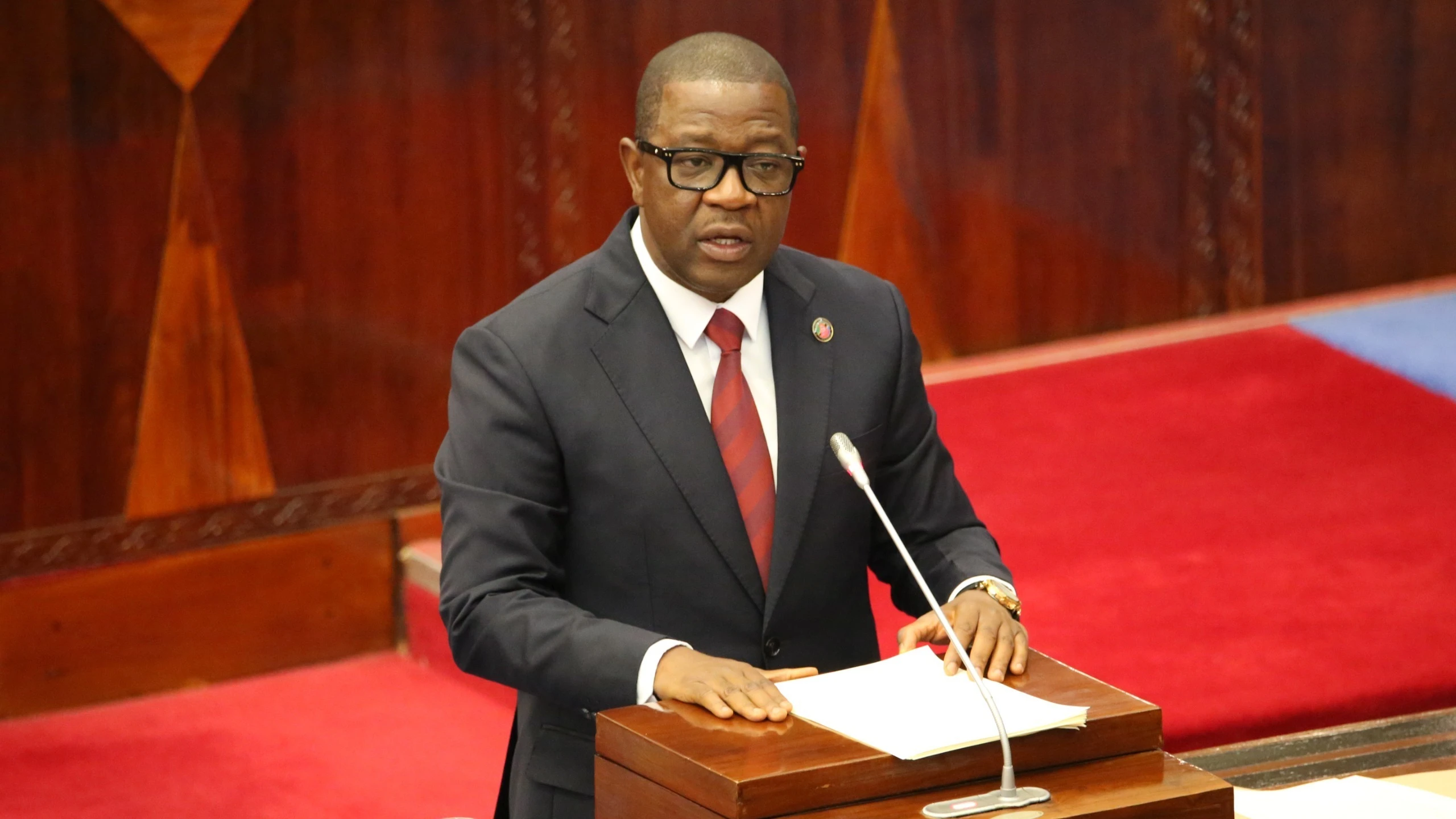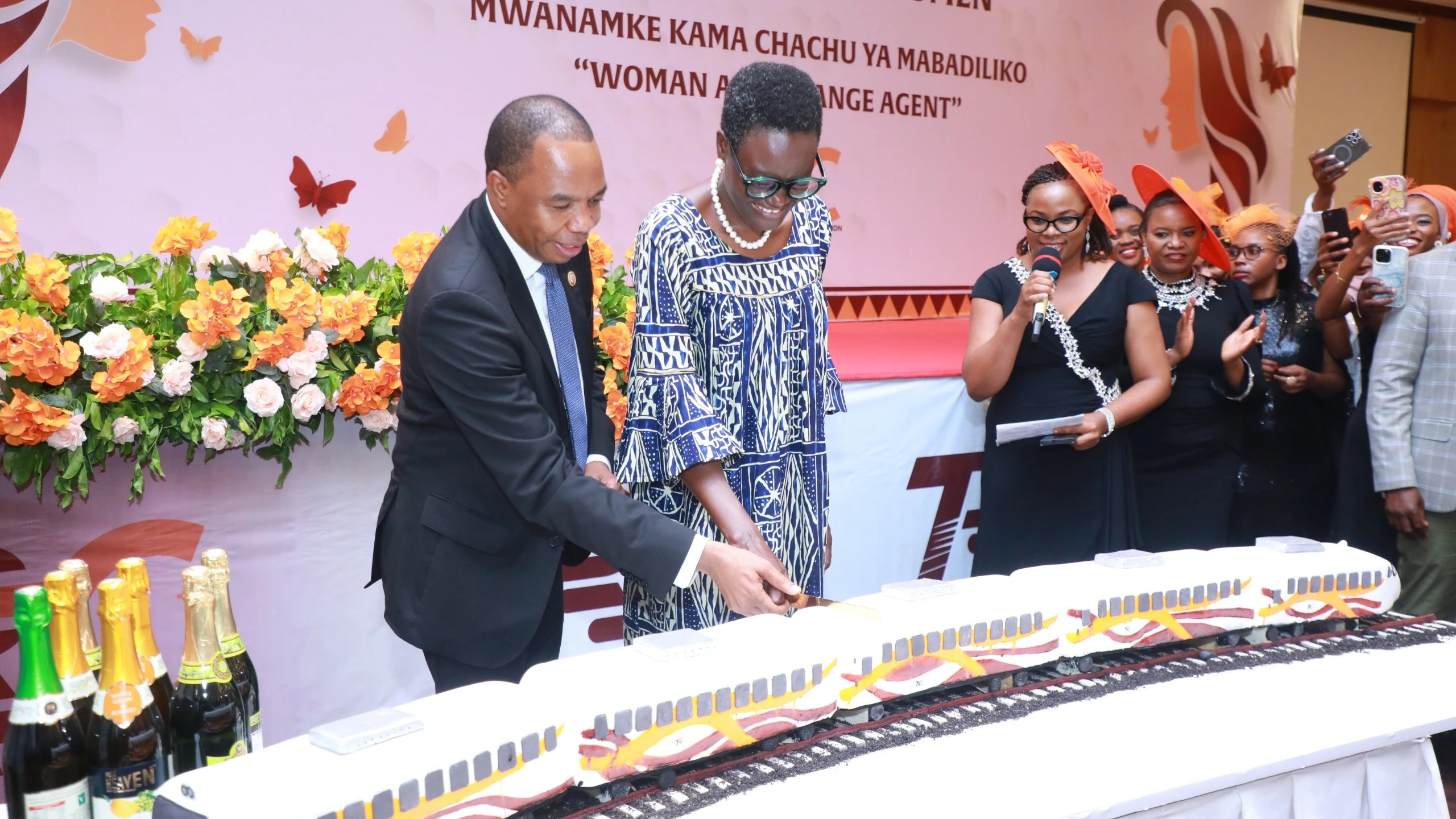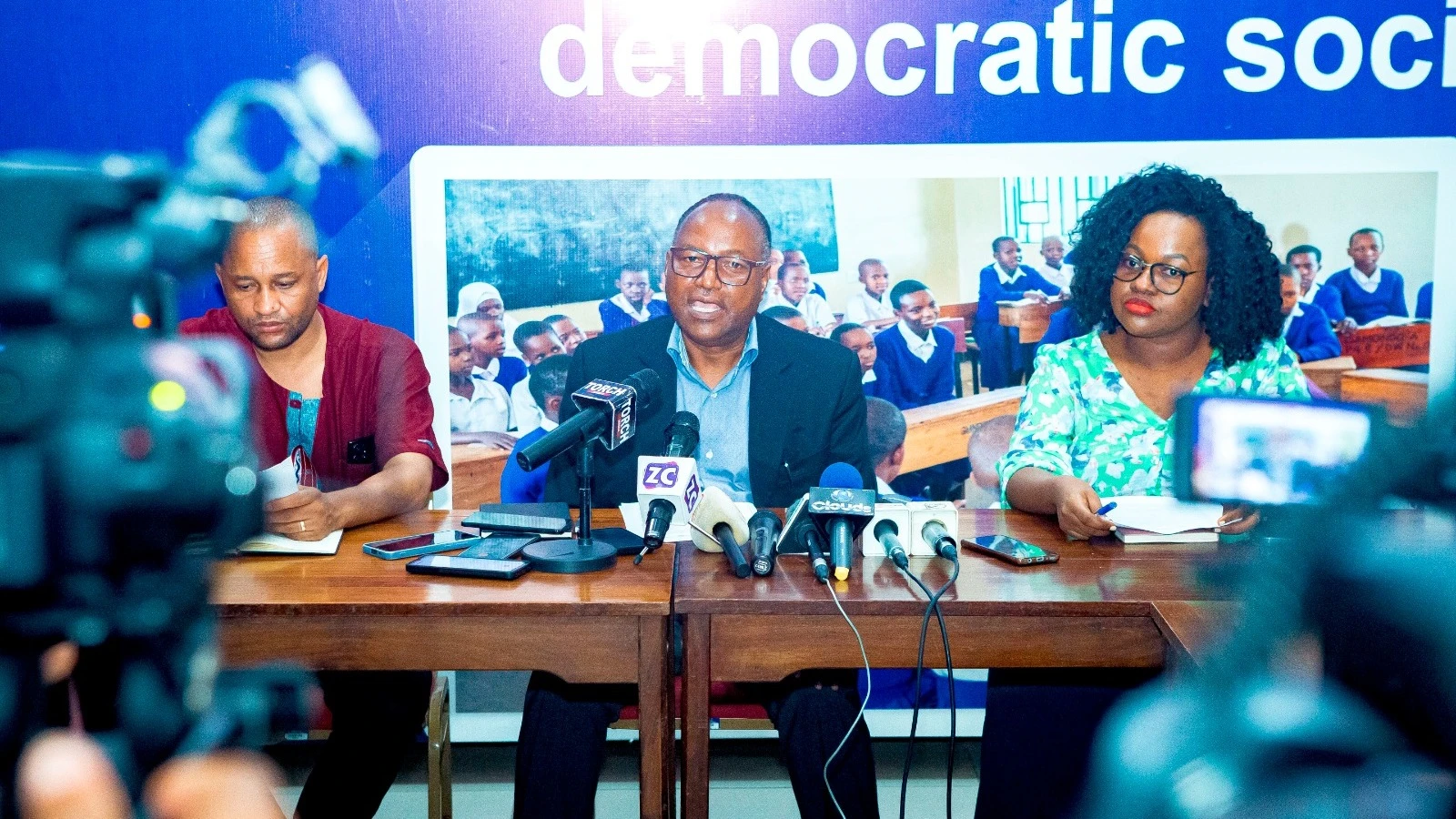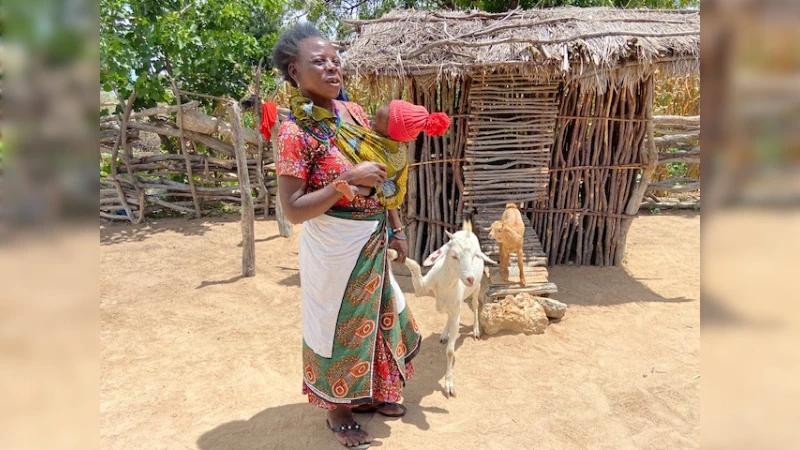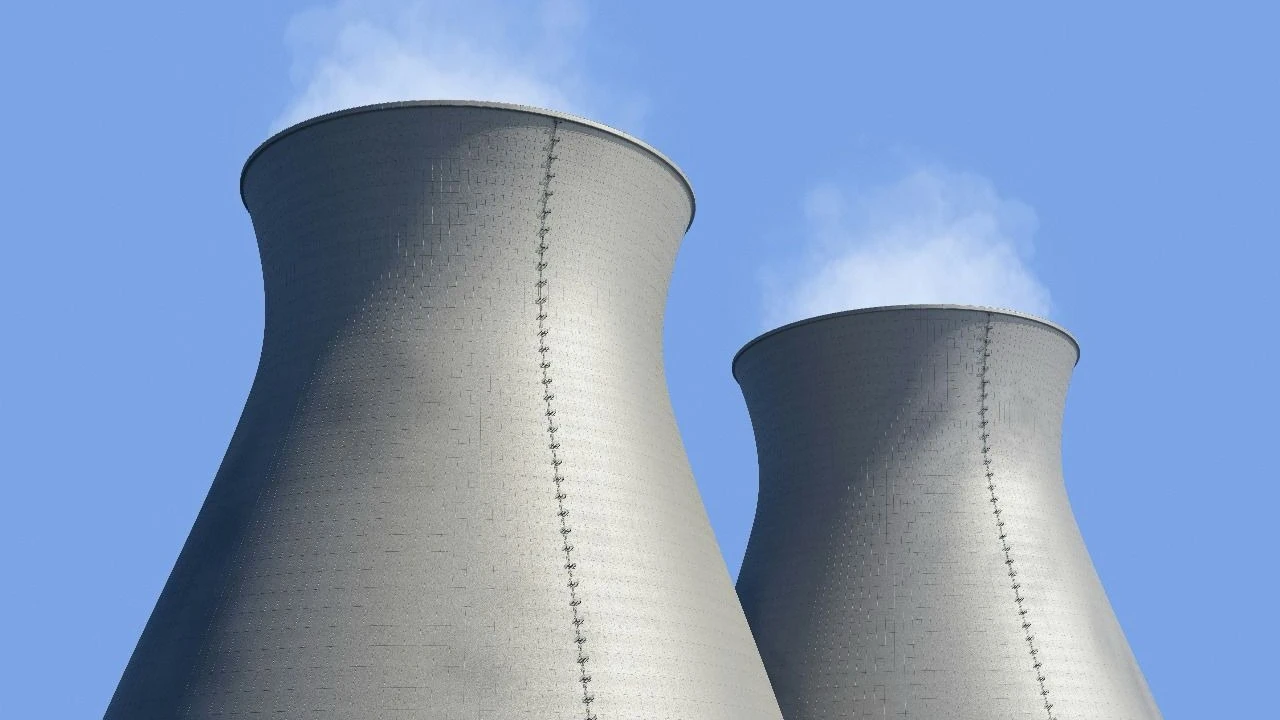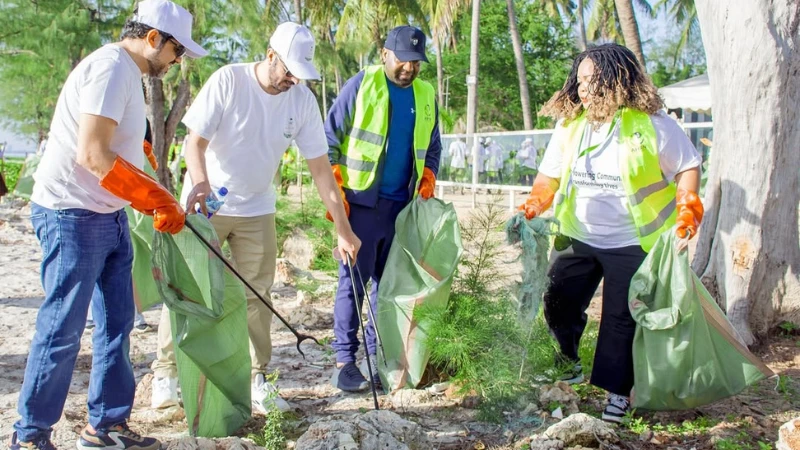Women in rural Tanzania advocate for biogas training
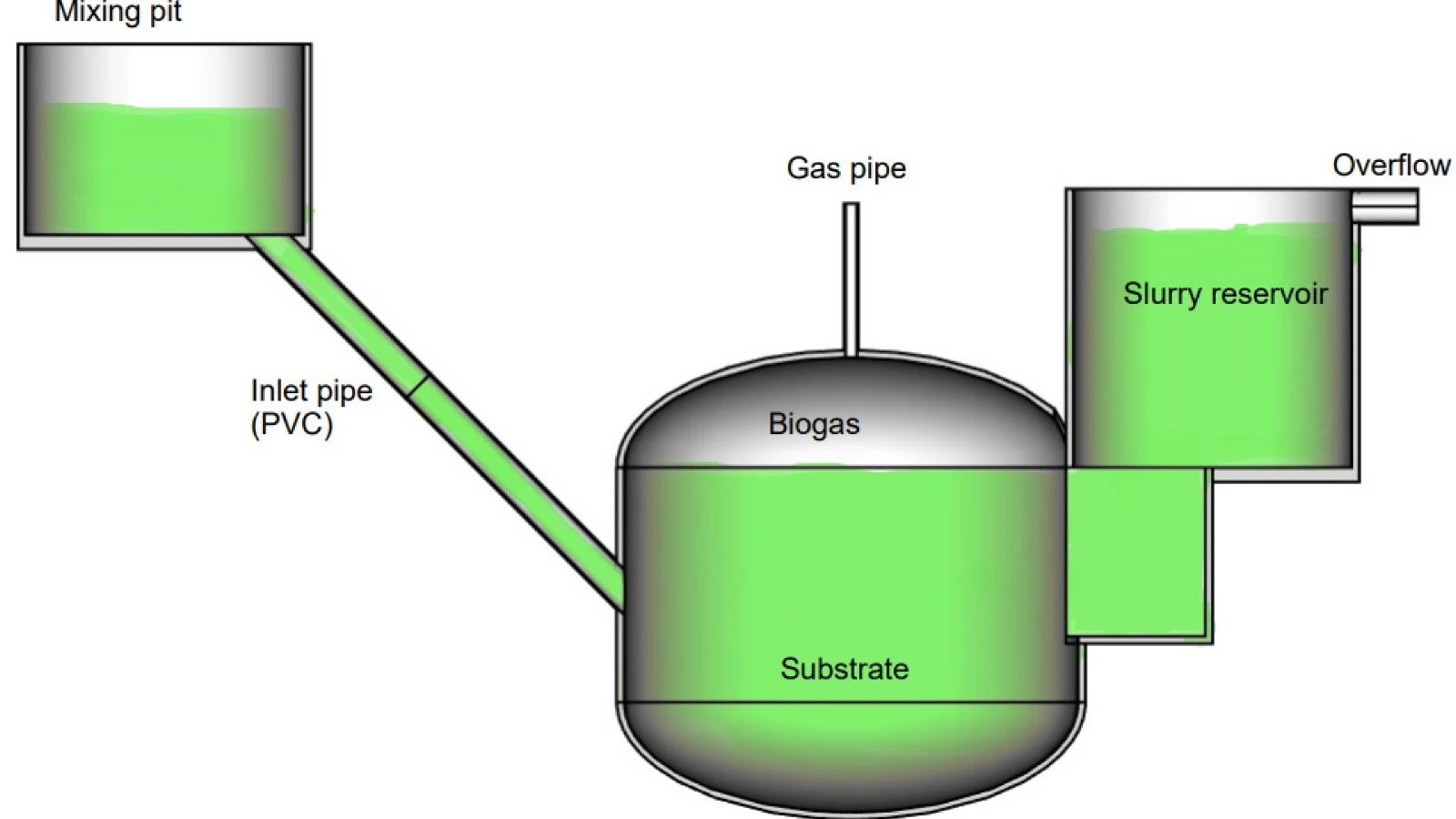
Women livestock keepers from Kiteto District in Manyara Region, farmers from Ngara District in Kagera Region, and women from Mtwara Region are urging the government to seek experts who can train communities on how to produce biogas from cow dung for domestic use.
They emphasize that while promoting gas as an alternative clean energy source for cooking is important, it overlooks the reality that the majority of rural households are low-income earners who struggle to afford gas refills.
Ngais Laizer, a member and advocate for women at KINNAPA, a union representing five villages—Kibaya, Njoronandaleta, Namelock, and Partimbo in Kiteto District—made this statement last Friday during a discussion on 'Who is an Environmental Rights Defender?' organized by Women Action Towards Economic Development (WATED) with support from the Women Fund Tanzania Trust (WFTT).
The event brought together women pastoralists from Simanjiro and Kiteto in Manyara Region, as well as farmers and entrepreneurs from Ngara, Lindi, Mtwara, Kigoma, Mafia, and Karagwe Districts.
Laizer believes that access to biogas energy in all five villages and surrounding areas would empower women to engage in more economic activities.
Previously, women in Kibaya village spent significant time and energy walking up to 30 kilometers to collect firewood and water for their households. With readily available biogas, they would have more time to focus on improving their livelihoods and contributing to the local economy.
In Kiteto district, while many women prefer using gas for cooking, they cite the high cost as a major barrier. Many rural families, with limited income often dependent on harvest seasons or livestock sales, cannot afford to purchase gas every two to four weeks.
Therefore, the women advocate for training citizens on how to produce biogas using the readily available cow dung in their areas as a sustainable alternative energy source for cooking. In pastoral regions, cow dung is abundant, making biogas production a viable and long-term solution.
“We believe that Tanzania has highly qualified experts who can impart this knowledge,” Laizer stated. “We urge them to visit villages across the country to educate people on biogas production, instead of solely promoting gas, which many rural residents cannot afford. This shift would also help prevent deforestation caused by charcoal production and firewood collection.”
Furthermore, many women in the Kiteto district lack the knowledge to safely operate gas cylinders for cooking. Consequently, many households have unused gas stoves simply because the users haven't been taught how to operate them. Additionally, the organizations distributing these stoves often fail to provide adequate user training.
Laizer stressed the importance of education on gas usage. She called on all stakeholders involved in distributing gas cylinders to local communities to prioritize user education before distribution. Without proper training, she noted, gas cylinders in some areas have been repurposed as stools instead of being used for cooking.
Judith Chitanda, a paralegal at the Need for Rightness Organization (NERIO) in Mtwara Municipal Council, echoed these concerns. She reported that the high cost of gas has led to many gas cylinders being used as traditional three-legged stools ("kigoda") in the Mtwara Municipal Council.
Chitanda explained that women who manage to buy gas once often cannot afford to repurchase it due to the prohibitive price. They find the cost too high for their limited budgets.
Currently, the price of gas is 23,000 Tanzanian shillings, and the women suggest it should be priced at around 15,000 shillings to be more accessible. They also raised concerns about the quantity of gas in some cylinders, suggesting that some may not be full or are quickly depleted, raising questions about potential underfilling.
Jane Athanas, a farmer from Nakatunga Village in Ngara District, Kagera Region, also voiced her community's need for biogas expertise. “We invite experts to visit our district and teach us how to produce biogas from cow dung and even human feces as an alternative, clean energy source for cooking,” she said.
“Women are eager to learn and frequently ask me to help them find trainers. We have an abundance of cow dung in our area, and now is the opportune time for Tanzanian experts in this field to utilize their skills to promote biogas energy,” Athanas emphasized.
She believes that promoting biogas will significantly benefit rural communities that currently rely heavily on fuelwood and charcoal for cooking, thereby contributing to the prevention of deforestation and environmental degradation across the country.
Top Headlines
© 2025 IPPMEDIA.COM. ALL RIGHTS RESERVED












